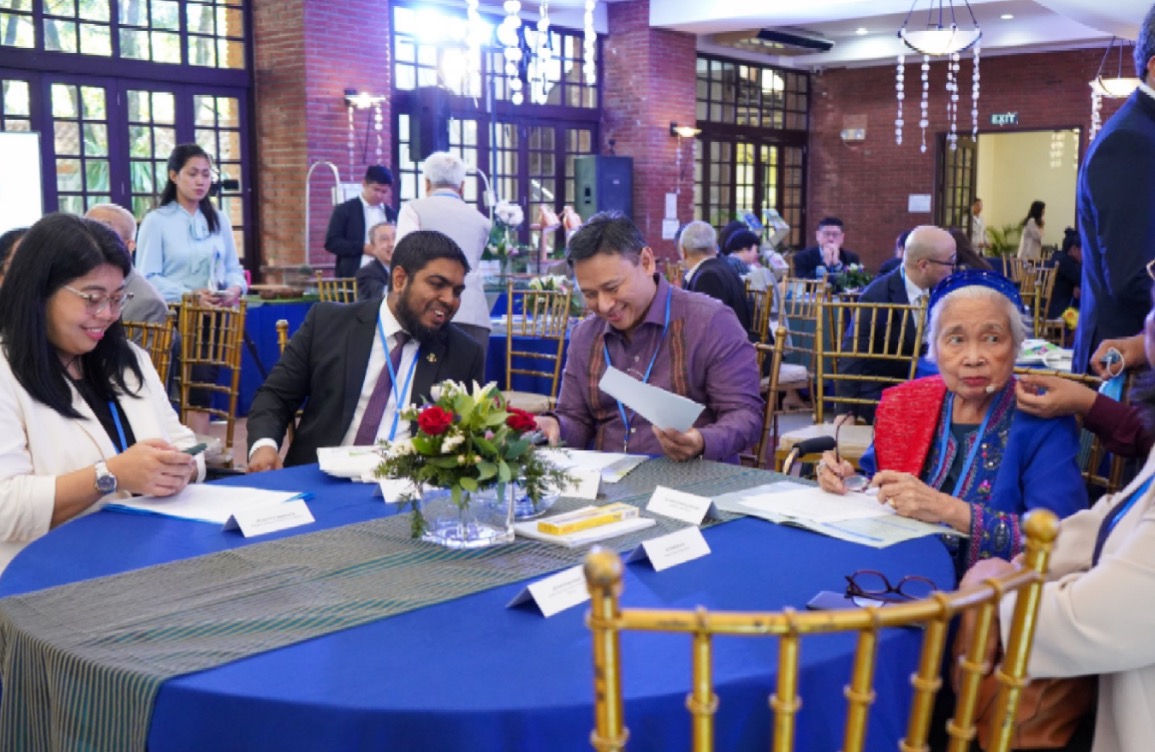DepEd collaborates with International Knowledge Institutions to Enhance Responsiveness to Emerging Challenges

SHARE
Education Secretary Sonny Angara highlighted the need for stronger educational planning to stabilize learning amid climate-related disruptions at the UNESCO-IIEP Regional Conference on Educational Planning in Asia, held from November 5 to 7.
“Our planning systems must adapt—and adapt quickly—to our new reality. Our education systems must be stable and predictable even in times of emergency,” Sec. Angara said.

Citing recent tropical storms that disrupted schools in the Philippines, Angara stressed that educational systems must adapt quickly to ensure stability and reduce reliance on community resilience alone.
Angara shared that the Department of Education (DepEd) had begun exploring adaptable programs for resource-constrained schools even before the storms hit, driven by the need to prevent further setbacks in learning.
“Even before the storms hit, we were already in search of an alternative program that can be adapted to resource-strapped schools. Our rationale was clear: Filipino learners—our region’s learners—cannot endure any more losses,” Sec. Angara noted.
The Department of Education (DepEd) has launched the Dynamic Learning Program (DLP) to support education continuity in schools impacted by the recent onslaught of Typhoons Kristine and Leon through promoting independent and resource-efficient learning in times of crisis.
Angara also underscored the value of insights from neighboring countries and collaborating with them to create strategies to make education more accessible and responsive to current challenges.
The UNESCO-led conference aims to foster partnerships among members of the Asian Network of Training and Research Institutions in Educational Planning (ANTRIEP) to integrate evidence-based insights into educational policies.
*Cover Photo from DepEd
RELATED ARTICLES

Unfold Bigger Possibilities with the King of Foldables: The HUAWEI Mate X7 — Now Available for PHP 119,999

ISSA Introduces New Artistic Chapter with Latest Release “Alaala”

Smartwatch-Level Performance for Real-World Movement: The HUAWEI Band 11 Series Elevates the Band Experience for as Low as PHP 2,399

Mark Wahlberg and Jonathan Roumie on Faith That Calls for Sacrifice








